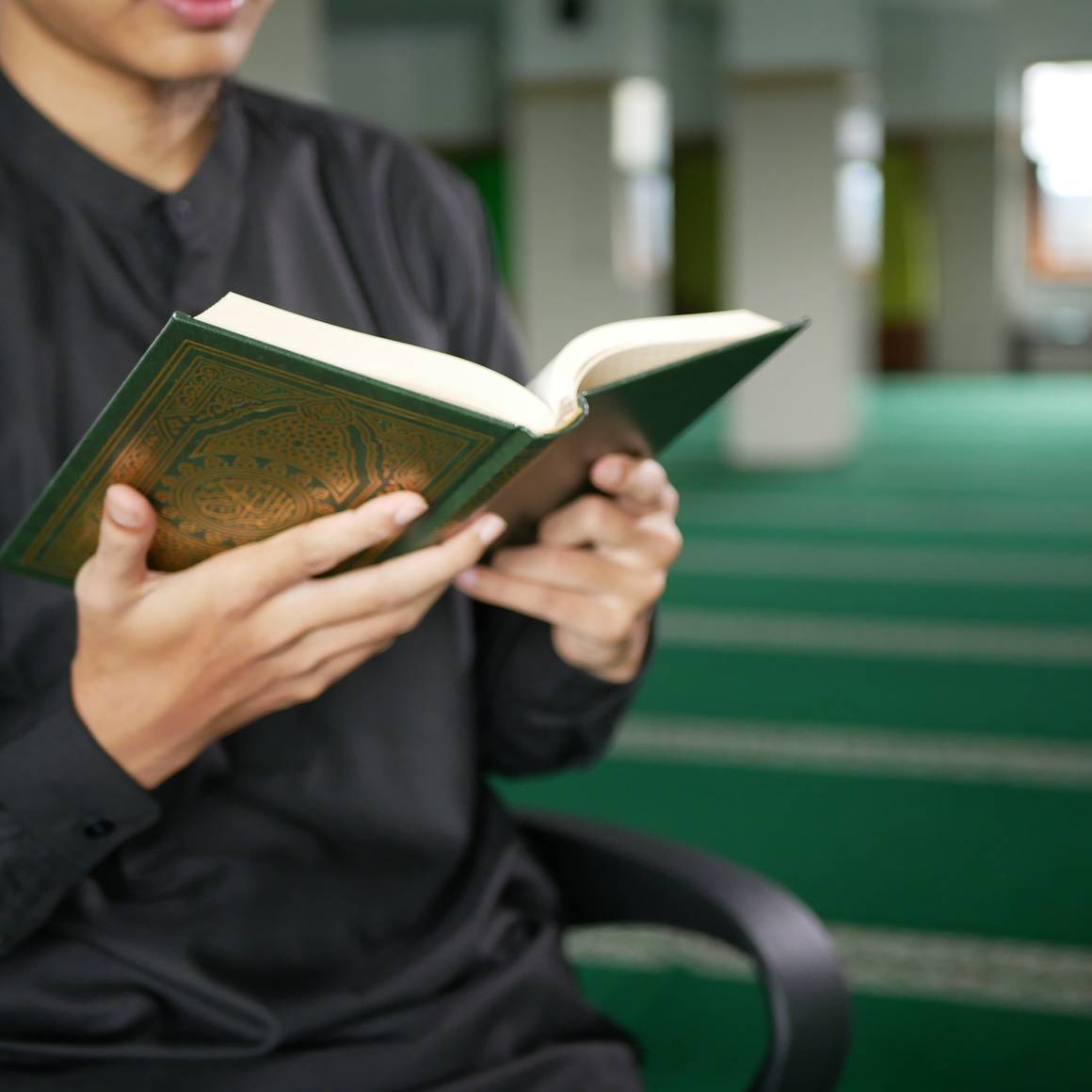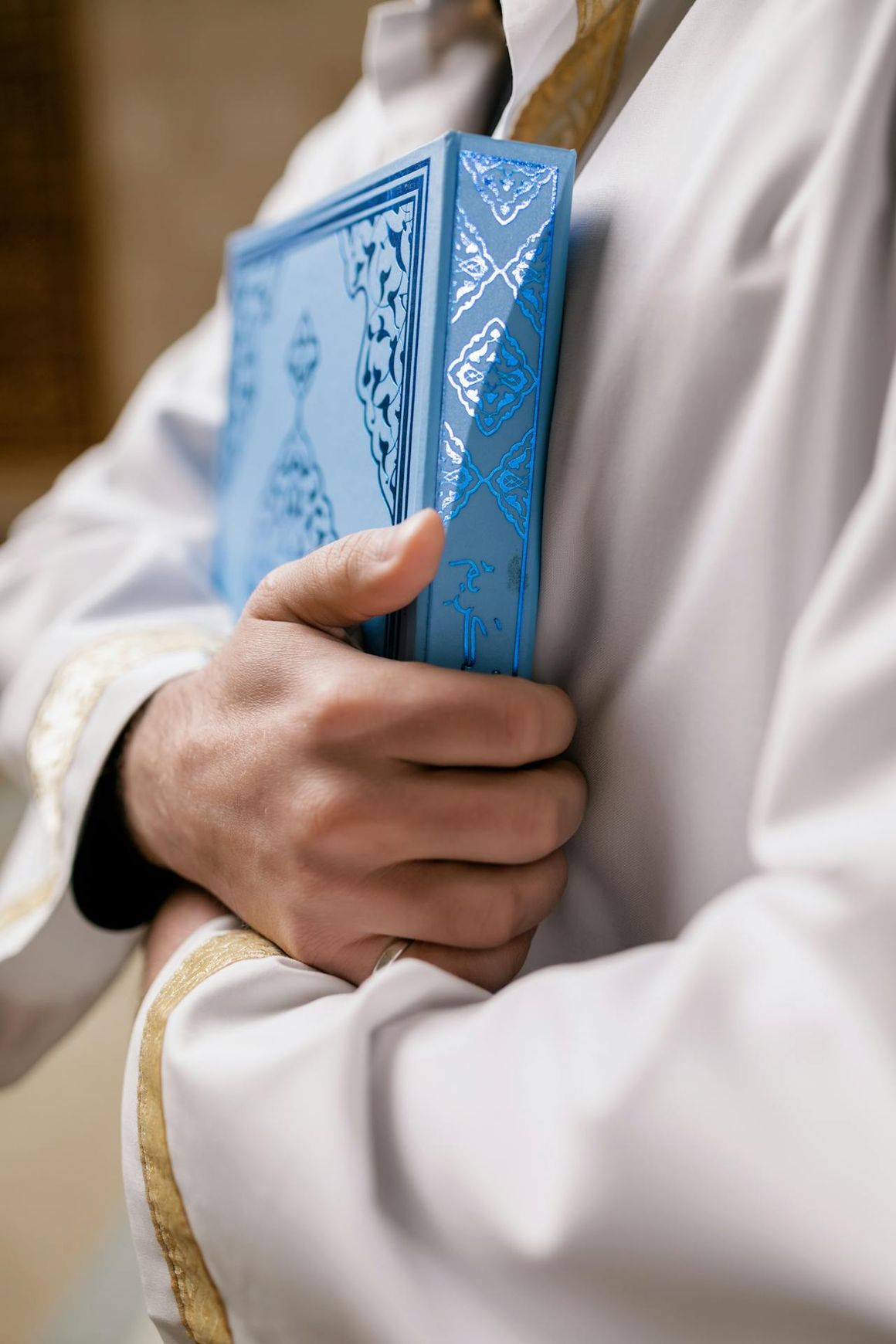In today's world, marked by division and individualism, the concept of brotherhood can feel like a distant ideal. Yet, within the heart of Islam lies a profound understanding of unity and shared responsibility that transcends cultural boundaries and personal differences. This is the essence of *ukhuwwah* – Islamic brotherhood.
More Than Just Friendship
Ukhuwwah in Islam goes beyond mere companionship or casual camaraderie. It's a bond forged in faith, empathy, and a deep sense of shared purpose. The Prophet Muhammad (peace be upon him) emphasized its importance, stating:
The believers are like a single structure, each part supporting the other.Prophet Muhammad (PBUH)
This imagery speaks volumes about the interconnectedness of Muslims. Just as individual bricks contribute to the strength and stability of a building, so too do Muslims rely on each other for support, guidance, and mutual upliftment.
Roots in the Quran
The Quran, Islam's holy scripture, repeatedly emphasizes the importance of unity among believers.
And hold firmly to the rope of Allah all together and do not become divided.Quran 3:103
This verse calls upon Muslims to unite under the banner of Allah, fostering a sense of collective identity and shared purpose.
The believers are but brothers, so make settlement between your brothers. And fear Allah that you may receive mercy.Quran 49:10
This powerful declaration establishes brotherhood as a fundamental principle within the Muslim community.
Expressions of Ukhuwwah
Ukhuwwah manifests in countless ways throughout the lives of Muslims.
Mutual Support and Kindness: Offering assistance to those in need, sharing resources, and providing emotional support during times of difficulty are all tangible expressions of brotherhood.
Forgiveness and Reconciliation: Islam emphasizes resolving conflicts peacefully and extending forgiveness, strengthening the bonds within the community.
Standing Up for Justice: Muslims are called upon to defend the oppressed and speak out against injustice, demonstrating solidarity with their fellow believers.
The Prophet's Example
The Prophet Muhammad (peace be upon him) embodied ukhuwwah in his every action. He treated all his companions with compassion and respect, regardless of their social status or background. His unwavering commitment to justice and equality served as a beacon for the nascent Muslim community.
None of you truly believes until he wishes for his brother what he wishes for himself.Prophet Muhammad (PBUH)
This hadith highlights the selfless nature of brotherhood in Islam, encouraging Muslims to prioritize the well-being of others above their own desires.
Ukhuwwah in a Divided World
In today's increasingly polarized world, the principle of ukhuwwah offers a powerful antidote to division and prejudice. By embracing shared values, fostering empathy, and standing together against injustice, Muslims can contribute to building a more just and compassionate society for all.
The call to brotherhood is not merely an abstract ideal; it is a lived reality that shapes the lives of Muslims around the world. Through acts of kindness, compassion, and unwavering support for one another, Muslims continue to embody the spirit of ukhuwwah – a testament to the enduring power of unity in faith.


